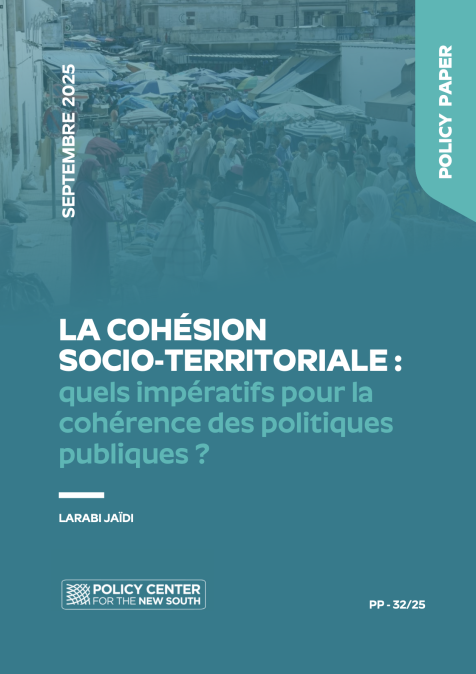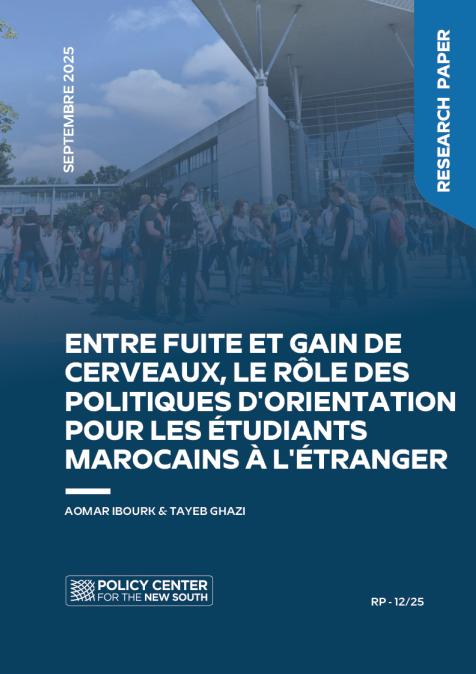Les Mardis du PCNS 16/02/2021 : قانون الشغل والحماية الاجتماعية على ضوء أزمة كورونا
خصص مركز السياسات من أجل الجنوب الجديد حلقته الاسبوعية لحديث الثلاثاء لمناقشة قانون الشغل والحماية الاجتماعية في ظل أزمة كوفيد 19 رفقة محمد طارق، أستاذ القانون الاجتماعي بجامعة الحسن الثاني بالدار البيضاء. في هذه الحلقة سيتم تحليل وضع المغرب فيما يتعلق بالمجال الحماية الاجتماعي خاصة خلال الظروف الخاصة التي يعرفها كباقي العالم إذ أن بعض المقاولات والشركات قد قلصت حجم موظفيها مما أدى الى ارتفا ع معدل البطالة. سنسلط الضوء كذلك على المراجع القانونية، وعلى كيفية خلق التوازن بين حماية اليد العاملة وحماية مصالح المقاولات أيضا خصوصا المقاولات الناشئة والمتوسطة بالإضافة الى التغيرات التي يمكنها ان تجعل النظام الاجتماعي الناشئ بالمغرب أكثر صمودا ومرونة في ظل هذه الأزمة. 30 دقيقة قانون الشغل والحماية الاجتماعية على ضوء أزمة كورونا المسيرة: إيمان لهريش، مسؤولة عن البرامج بمرaكز السياسات من أجل الجنوب الجديد المتدخل: محمد طارق، أستاذ القانون الاجتماعي بجامعة الحسن الثاني بالدار البيضاء












